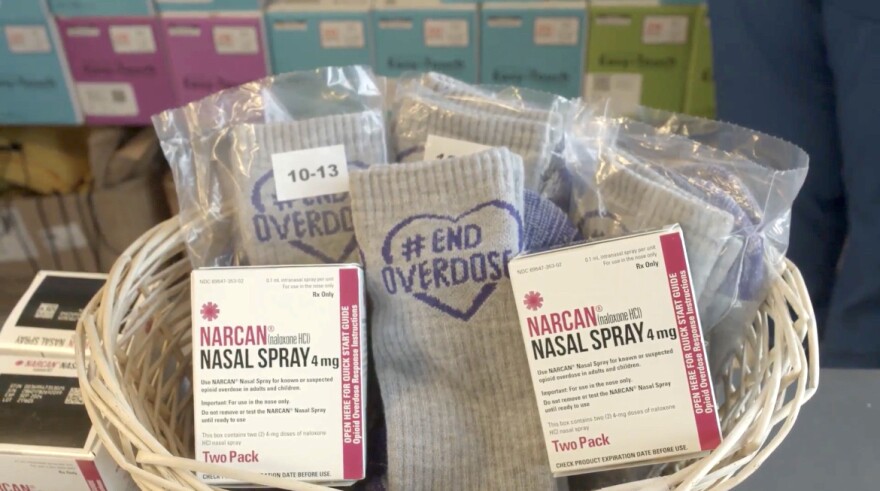A coalition of activists and public health leaders is working to get an initiative on Washington’s ballot that would decriminalize drug possession and redirect marijuana tax revenue to treatment programs.
Supporters say it’s a chance for the state to be a leader in ending the war on drugs and addressing the disproportionate harm those policies have had on people of color.
For decades people arrested in Washington state for possessing a controlled substance have faced felony charges. That changed last year with State v. Blake, when the Washington Supreme Court ruled the state’s possession law was unconstitutional. The Washington legislature has since reclassified drug possession as a misdemeanor, created more pathways into treatment and made more options available.
Kurtis Robinson, the executive director of I Did the Time and a formerly incarcerated person, says for him and many others, drug possession and use is a trauma issue.
“All you have to do is look at people like me and you can see the benefit of treatment, you can see the benefit of real sustained engagement about trauma versus the punitive perspective that our criminal justice system has been unleashing on all of our human family, but predominately our communities of color for far too long,” he said.
He and Ben Stuckart, the director of the Spokane Low Income Housing Consortium, say decriminalization may also remove barriers to finding housing, work and stability.
Kim Thorburn, Spokane County’s former health officer and a former prison doctor, says the state’s current approach still isolates people from lifesaving resources and support.
“Early on in the HIV epidemic when we were trying to implement syringe exchange, (people said) ‘Oh, this is going to increase drug use by providing paraphilia.’ The data is exactly the opposite, when we can reach out and engage people in a safe way, this is their access to treatment and a way out,” she said.
Thorburn argues the initiative could prevent overdoses, create research opportunities and new treatment programs. She, Robinson and Stuckart are members of a committee that supports the initiative.
Efforts to decriminalization may face pushback. Some law enforcement leaders across the state were already critical of the Blake decision and the state legislature’s fix.
In a recent YouTube video, Spokane County Sheriff Ozzie Knezovich said the Washington Supreme Court’s possession decision was a blow to law enforcement’s ability to keep the community safe. He and Spokane County prosecutor Larry Haskell have argued drugs fuel property crime and violence.
Sponsors of Initiative 1922 have until July 8 to gather enough signatures to appear on the November ballot. State law requires sponsors gather at least 8 percent of the total votes cast in the last gubernatorial race to qualify.


